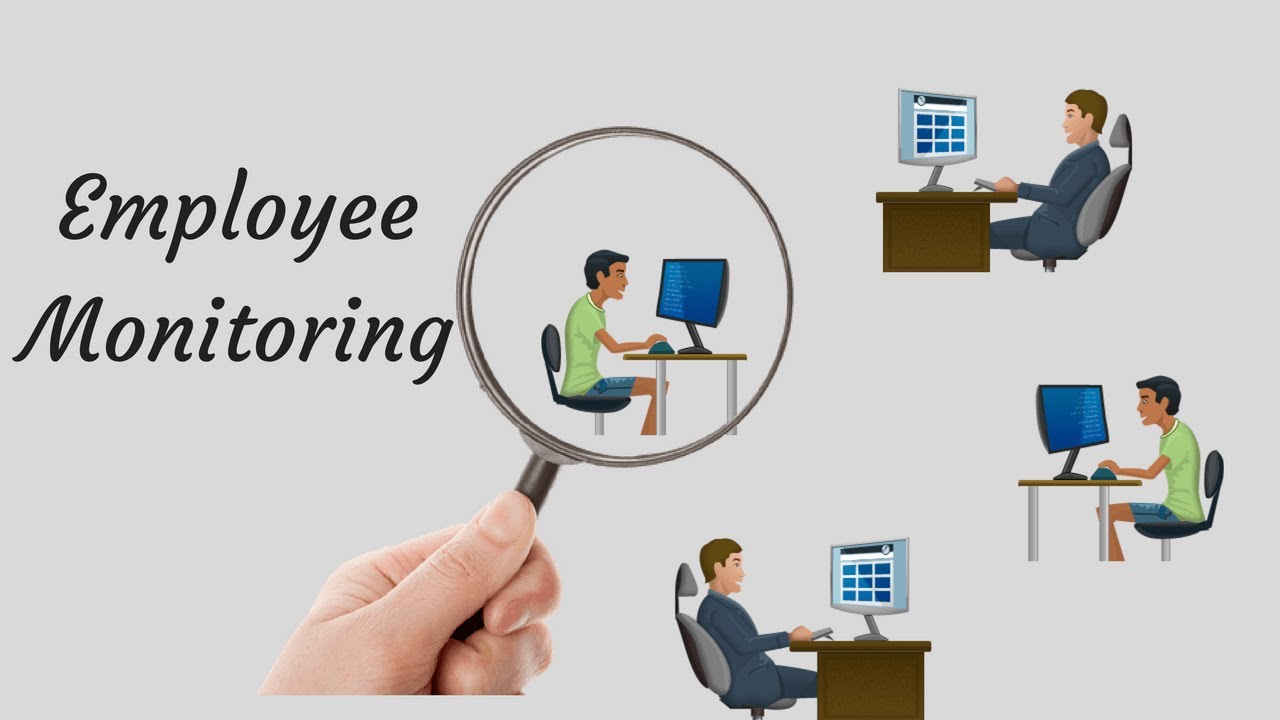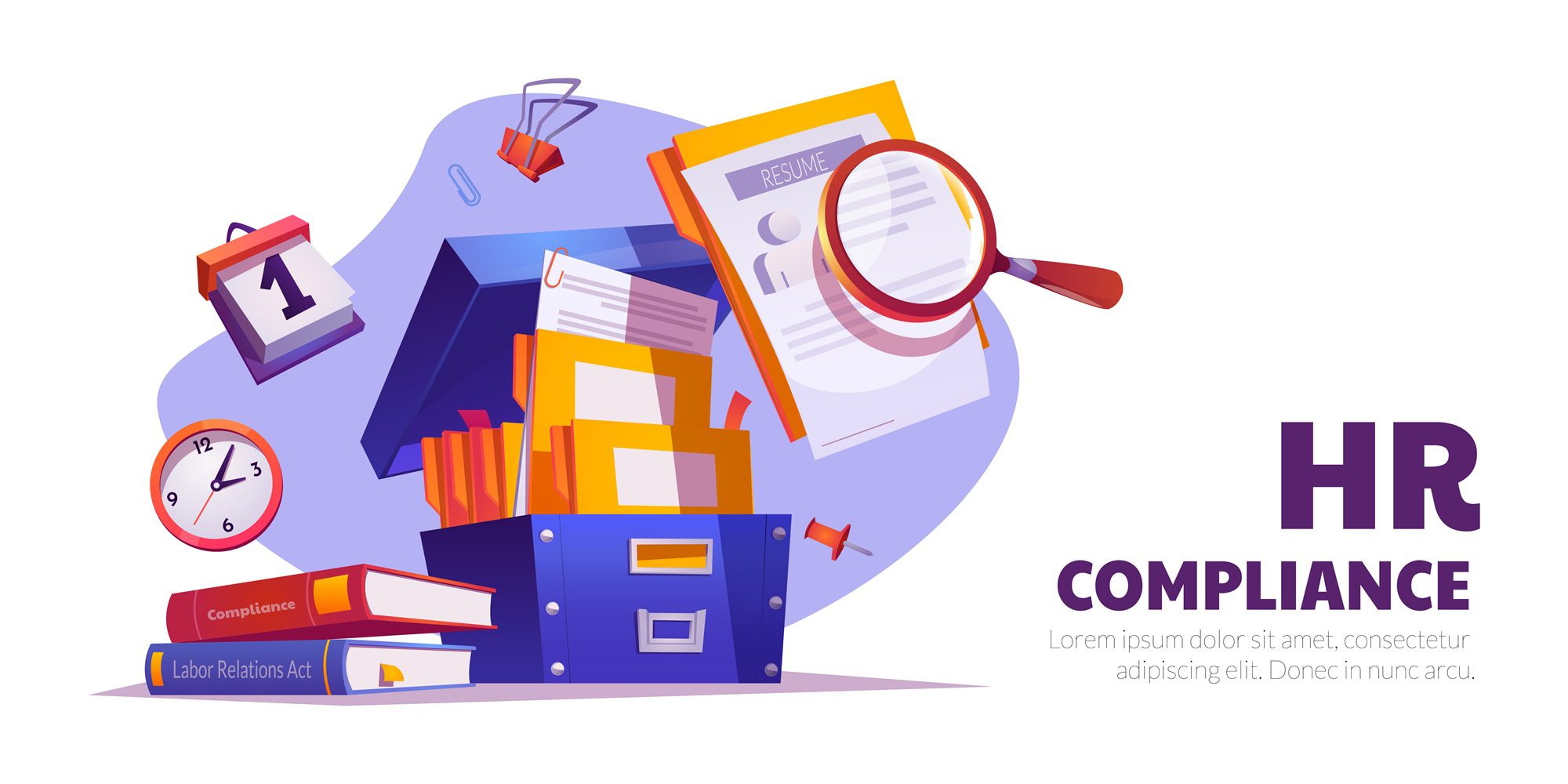
The journey of bringing a software idea to life is as crucial as the idea itself. The path chosen, represented by the software development methodology, significantly impacts the project’s success, timeline, and ultimately, its quality.
Over the years, the landscape of these methodologies has evolved, moving from rigid, sequential models to more flexible and iterative approaches. Understanding these different frameworks is essential for any business looking to leverage technology, especially when considering a custom software development service.
One of the earliest and most traditional methodologies is the Waterfall model. This linear approach follows a sequential flow, where each phase (requirements gathering, design, implementation, testing, deployment, and maintenance) must be completed before the next one begins. While offering a structured and easily understandable framework, the Waterfall model can be inflexible, making it challenging to accommodate changes once a phase is complete.
In response to the limitations of the Waterfall model, the Agile manifesto emerged, ushering in a new era of iterative and collaborative development. Agile is not a single methodology but rather an umbrella term encompassing several frameworks, each with its own nuances. Scrum, for instance, emphasizes short development cycles called sprints, regular team meetings, and a focus on delivering working software frequently. Kanban, on the other hand, is a more flow-based system that focuses on visualizing the workflow, limiting work in progress, and continuously improving the process. Lean development, another Agile approach, aims to eliminate waste and maximize value.
The adaptability is particularly valuable when partnering with a custom software development service to build tailored solutions that meet specific and potentially changing business needs. The iterative nature of Agile ensures that the final product aligns closely with the client’s vision.
Choosing the right software development methodology is a critical decision. It depends on various factors, including the project’s complexity, the size of the team, the client’s involvement, and the need for flexibility. By understanding the strengths and weaknesses of each approach, businesses can make informed decisions that ultimately contribute to the successful delivery of their software projects. Whether opting for a traditional, Agile, or hybrid approach, the chosen methodology will serve as the roadmap for bringing innovative software solutions to fruition.









